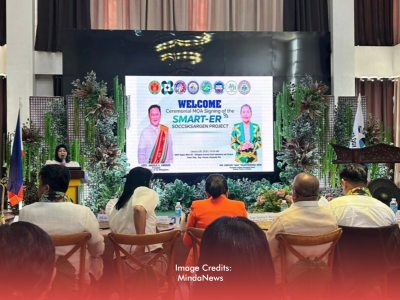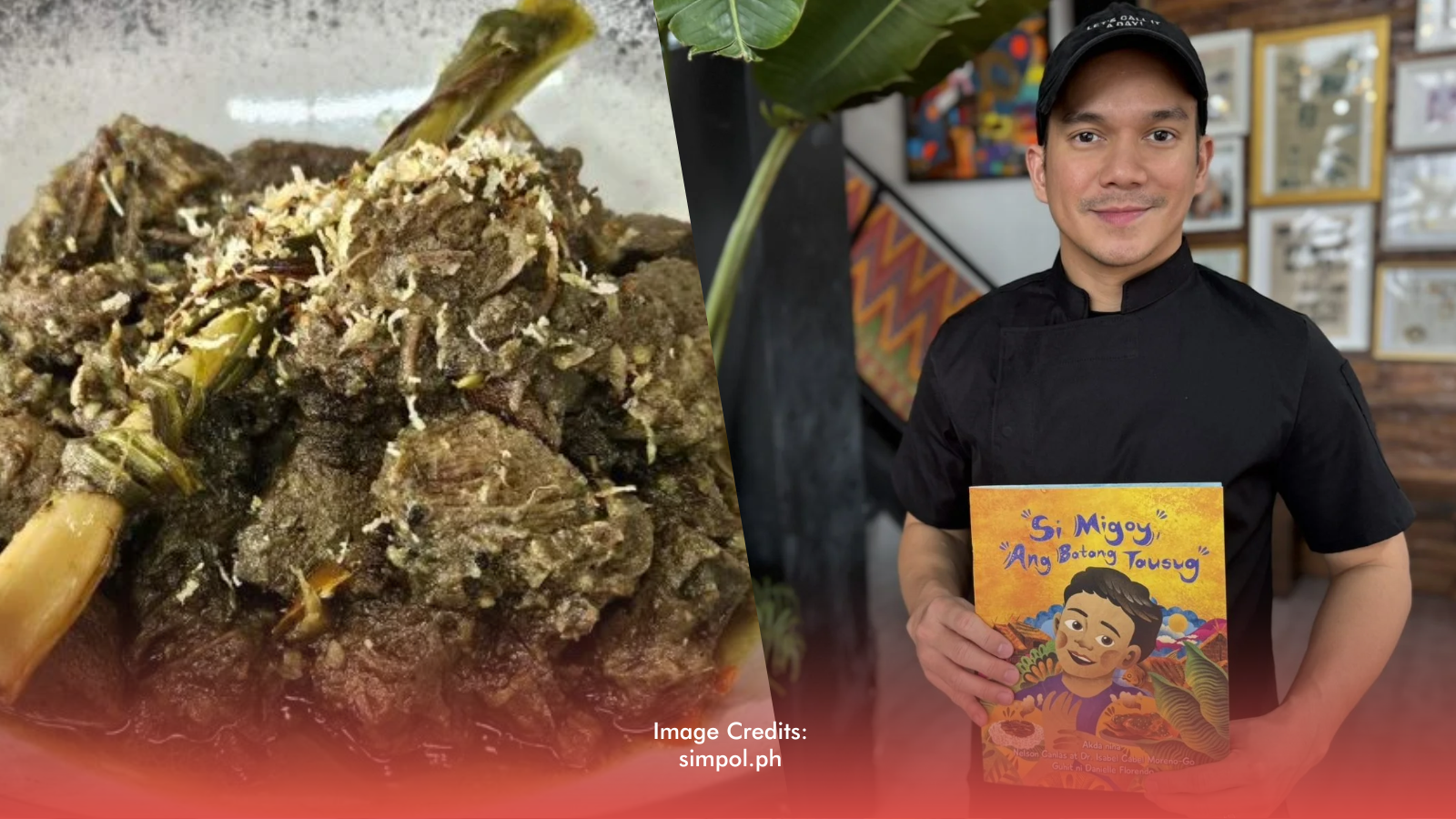Situated in the southeastern part of Mindanao, Mati City in Davao Oriental has quietly earned its reputation as the "Coconut Capital of the Philippines." This coastal city, blessed with fertile soil and a tropical climate, stands as a testament to the flourishing coconut industry in the country.
Coconuts, often referred to as "green gold," have become the economic backbone of Mati. The city's coconut industry plays a pivotal role in the livelihood of local farmers and communities. The cultivation of coconut not only provides a sustainable source of income but also fosters a deep connection between the people and the land they cultivate.
From Farm to Table: Mati's Coconut Products
From high-quality virgin coconut oil and coconut water to various delicacies, Mati's coconut industry goes beyond cultivation. The edible portion of coconut is 72 percent, with the remaining 28 percent as inedible shell. Coconut meat is nutrient-rich, containing fats, carbohydrates, proteins, thiamine, vitamin C, and traces of vitamin A. Copra, the dried coconut meat, with a high oil content of 64 percent, produces coconut oil, renowned for its digestibility and potential health benefits. The coconut kernel yields flour, desiccated coconut, coconut milk, chips, candies, bukayo, and serves as a key ingredient in pies, latik, and copra-based products. Buko juice, or liquid endosperm, is promoted for its health benefits, including a water therapy called bukolysis for renal disorders. Coconut water finds additional uses in vinegar, wine, and the production of fiber-rich nata. Mati's coconut industry not only caters to domestic markets but also significantly contributes to the country's export industry, highlighting its diverse and sustainable coconut ecosystem.
Sustainable Practices: Mati's Commitment to Coconut Farming
In the quest for sustainable agriculture, Mati has embraced eco-friendly and organic coconut farming practices. Local farmers are increasingly adopting methods that prioritize environmental conservation and maintain the delicate balance between agriculture and nature. Mati City's commitment to sustainable coconut farming not only ensures the longevity of the industry but also sets an inspiring example for other coconut-producing regions.
Preserving the Legacy: Mati's Vision for the Future
As Mati continues to wear the crown of the Coconut Capital of the Philippines, local authorities and farmers are working hand in hand to preserve this legacy. Initiatives are underway to enhance coconut farming practices, explore innovative processing methods, and promote sustainable tourism. Mati City envisions a future where its coconut industry thrives while maintaining a delicate equilibrium with the environment.








